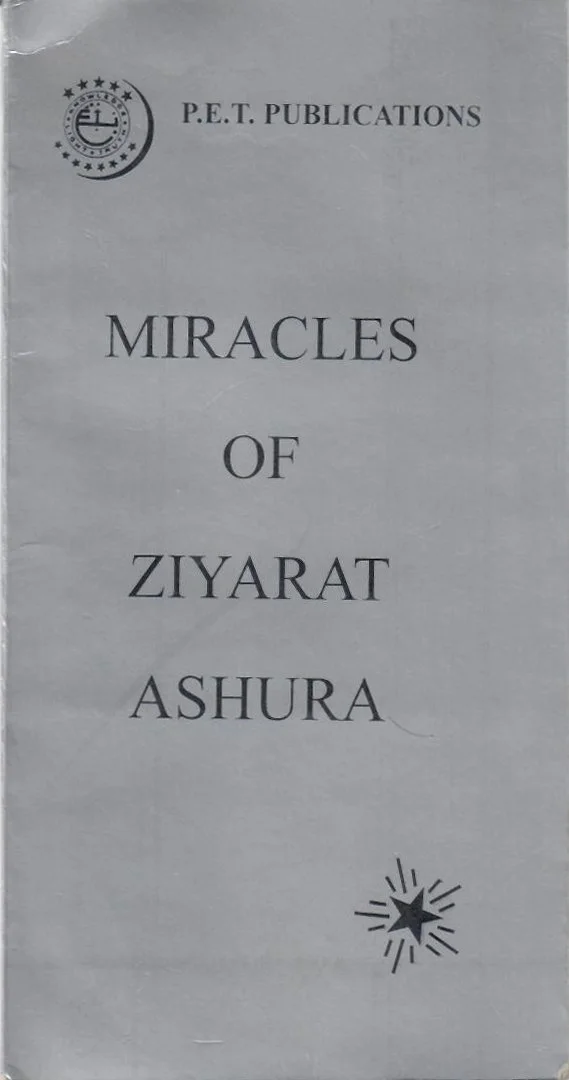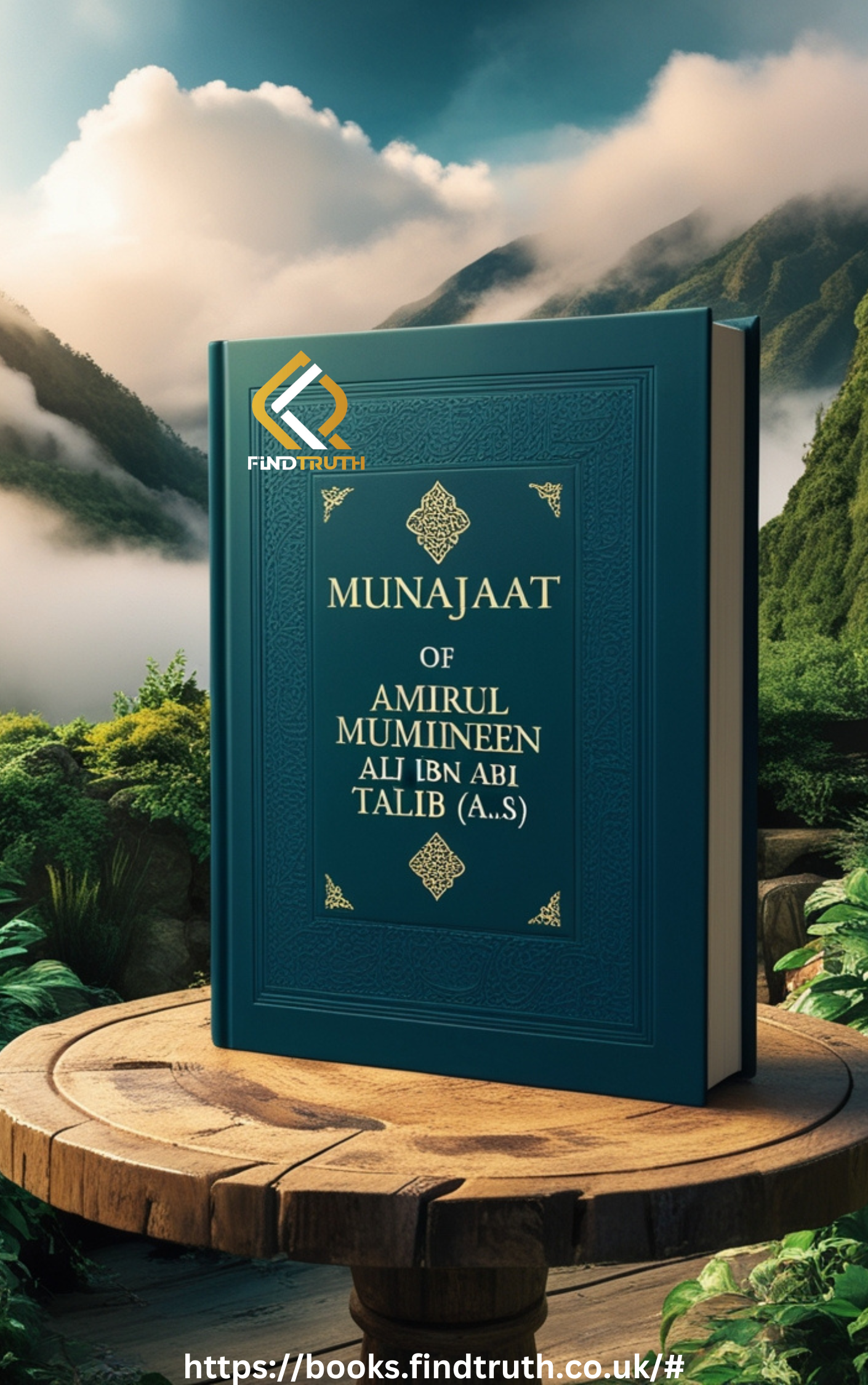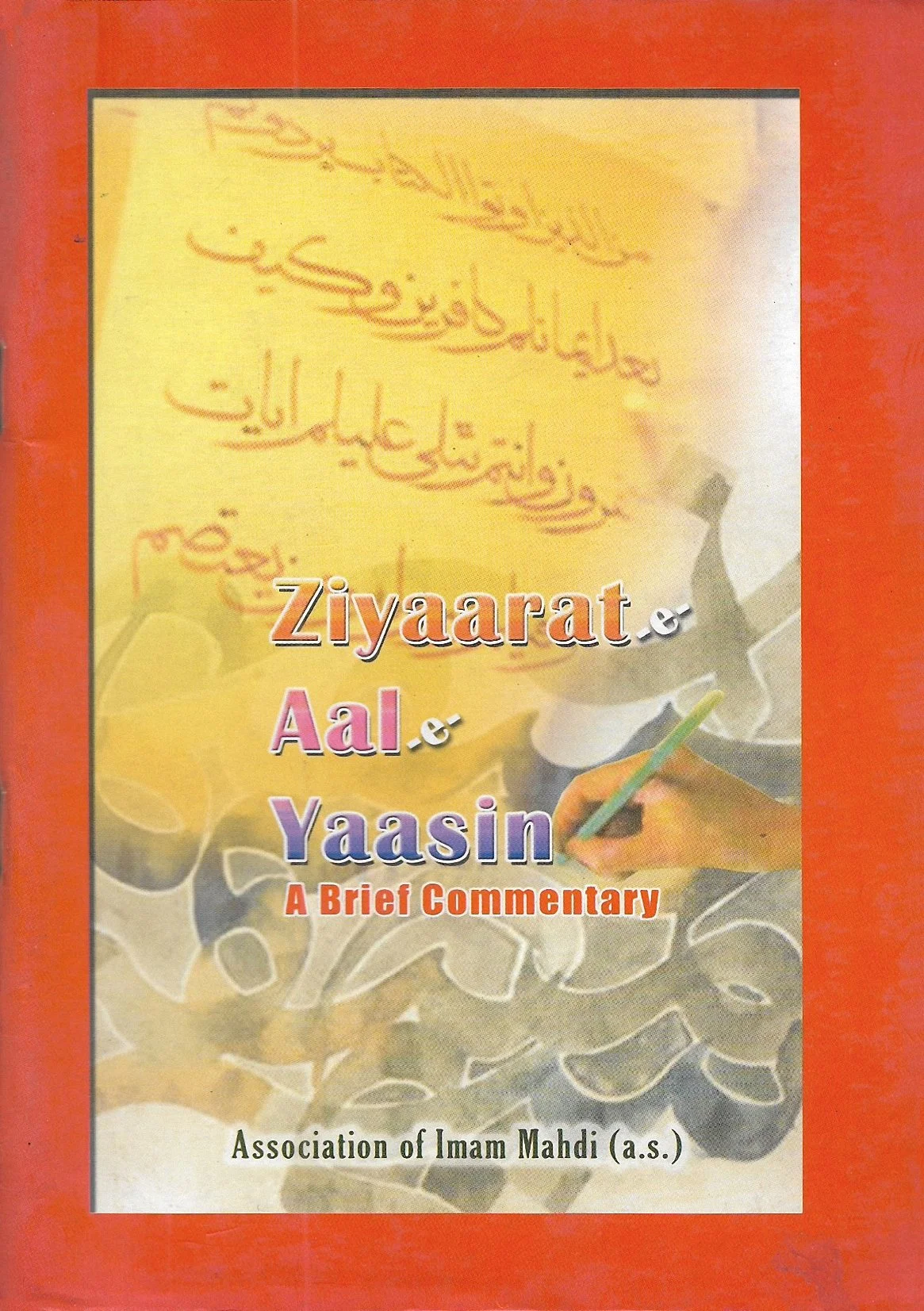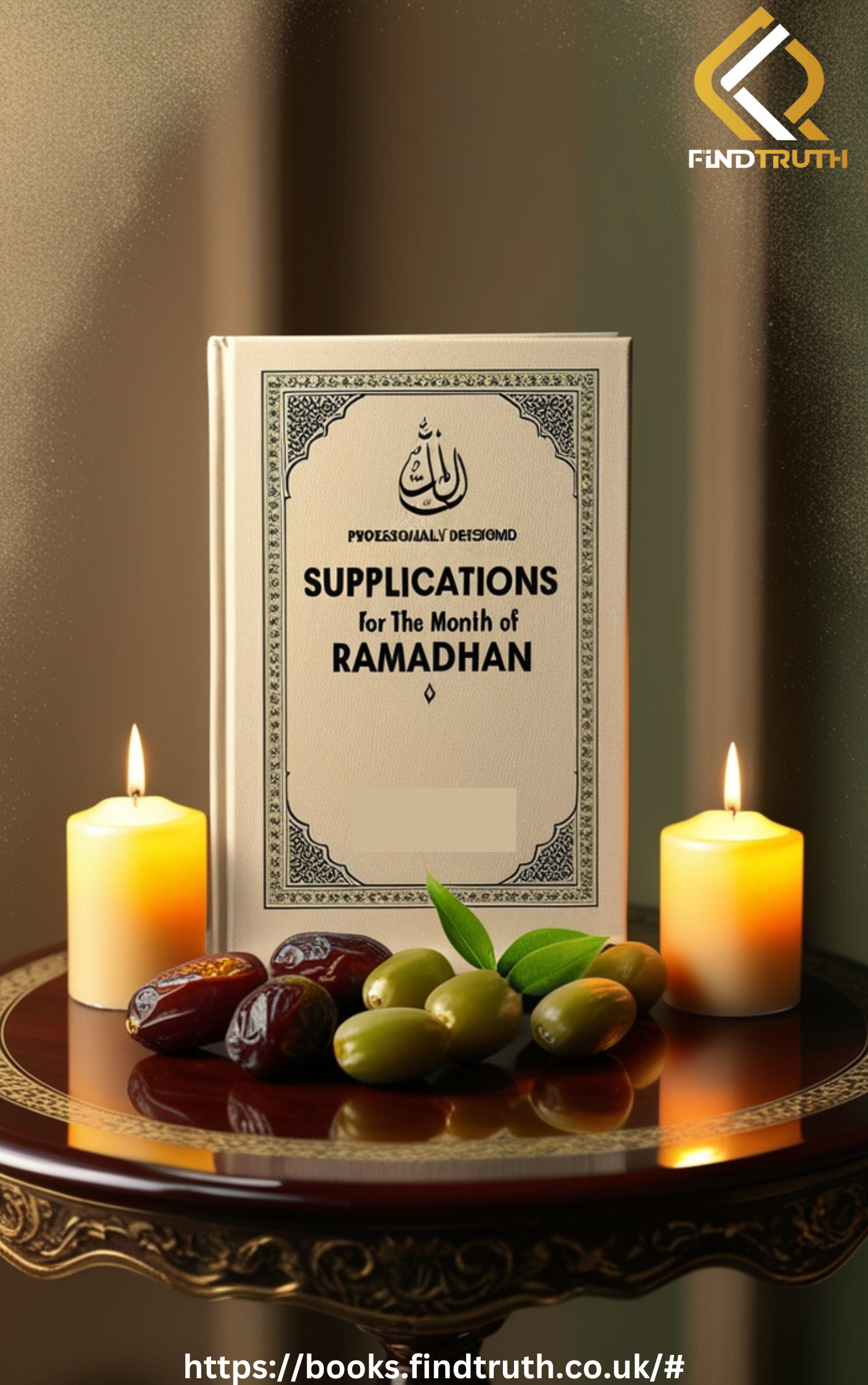Ziyaarat Aale-Yaasin - A Brief Commentary
Ziyaarat Aale-Yaasin - A Brief Commentary offers an insightful and comprehensive analysis of one of the most revered Ziyaraat (supplications) in Shia Islam, Ziyaarat Aale-Yaasin. This supplication is addressed to the living Imam, Imam al-Mahdi (A.S), and is recited to seek his intercession and express loyalty to the divinely appointed leaders from the lineage of Prophet Muhammad (PBUH). The book breaks down the Ziyaarat into sections, providing detailed commentary on its verses and uncovering the theological, spiritual, and moral teachings embedded within. It explores the themes of divine leadership, the significance of allegiance to the Ahlul Bayt, and the relationship between the believer and the Imam. This work also delves into the deeper esoteric meanings of the supplication, connecting it to the broader framework of Islamic spirituality. By studying this commentary, readers can gain a greater appreciation for the spiritual depth of Ziyaarat Aale-Yaasin and its role in enhancing the connection between the faithful and the Imam of their time.











